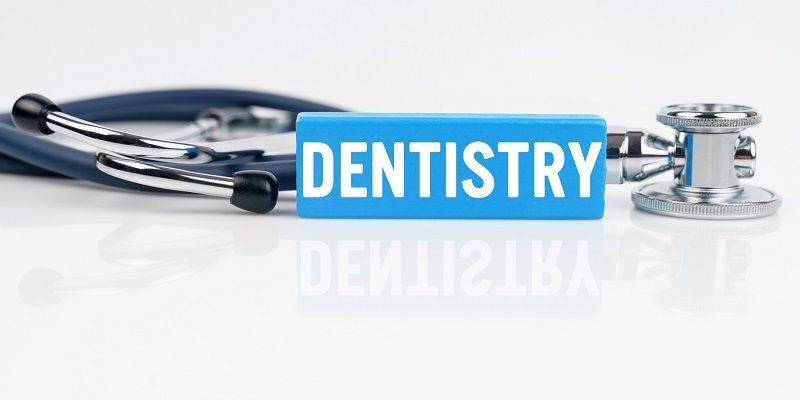Does Conscious Sedation Carry Mental Health Risks?
- By Mary Marks
- •
- 13 Oct, 2023
- •

Conscious Sedation in Dentistry: What You Need to Know
Conscious sedation is a safe and effective option for dental procedures, helping patients stay calm and comfortable. However, as with any medical intervention, there are a few considerations to keep in mind. At Clarkson Dental, only qualified sedation specialists administer sedation, ensuring every patient’s safety by carefully reviewing their medical history, including any mental health conditions.
Safety and Aftercare
While conscious sedation is typically very safe, administering too much can pose risks. However, trained specialists are always on hand to manage any complications, providing reassurance for patients and their families.
After the procedure, patients often feel disoriented or groggy, so it’s essential to arrange for a family member or friend to take you home. Driving is not recommended for several hours after sedation, as the lingering effects can impair judgment and coordination.
Memory and Emotional Effects
It’s not uncommon for patients to have little to no memory of the procedure. While this helps reduce anxiety, some individuals find the lack of recollection unsettling. In rare cases, sedation can also cause feelings of sadness or irritability after the effects wear off.
Communicating with Your Dentist
To ensure the best experience, it’s important to discuss your concerns and medical history with your dentist or healthcare provider before the procedure. Together, you can decide on the most suitable sedation option for your needs.
Conscious sedation allows many patients to receive dental care comfortably and stress-free, making it an invaluable option for those with dental anxiety or complex treatment plans.





Although oral sedation dentistry Highlands Ranch is one of the optionsavailable for managing anxiety and discomfort during oral surgery, you certainly do not need to use it all the time. As a matter of fact, the exact type of sedation or anesthesia that you receive during oral procedures may depend on various factors, such as the complexity of the procedure, your medical problems, as well as your doctor’s preferences.
There can be several different levels of sedation that can be used in oral surgery. Local anesthesia is one of them. This involves injecting anesthetic medication into the specific area where the surgery will take place. It numbs the area and is often used for less invasive procedures.
Oral sedation involves taking medication in the form of a pill to induce a state of relaxation and drowsiness. The patient is still conscious, but he/she may not be fully aware of the procedure. At any rate, sedation helps him/her get rid of anxiety.
In the case of intravenous sedation, medication is administered through a vein, which induces a deeper state of sedation than oral sedation. Patients may still be conscious, but they are less aware of their surroundings and may not remember the procedure.





